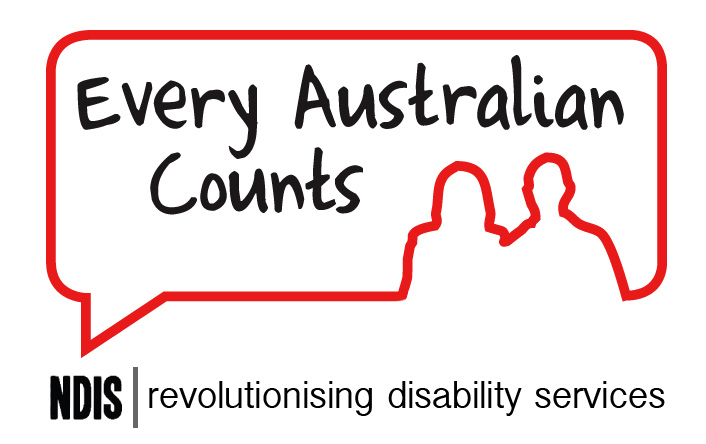

 National Disability Services have provided the following update.
National Disability Services have provided the following update.
From 1 July, National Disability Insurance Scheme (NDIS) prices for ‘assistance in self-care’ and ‘community support’ will increase to $38.78 for standard support ($40.94 for higher intensity). These prices will apply in Victoria, New South Wales and Tasmania (South Australia will receive an indexation increase of 2.6%). This represents a 13.5% increase on the price paid for standard one-to-one support in Victoria; 11.9% in NSW; and 8.1% in Tasmania.
In addition to these substantial price increases, the National Disability Insurance Agency (NDIA) has agreed to:
- allow providers to claim for unreasonable cancellations or ‘no shows’;
- pay for the cost of travel between participants by determining the first hour of support to be 50 minutes (and providing travel reimbursement funds in the packages of participants);
- increase the travel reimbursement rate to 76c/km (the rate listed in the Social, Community, Home Care and Disability Services (SCHADS) Modern Award); and
- introduce an establishment fee which can be claimed for new participants and participants whose plans change significantly.
The NDIA will improve its guidance to planners on how to determine who needs higher intensity support and/or an allowance to cover a shadow shift. It has agreed to undertake further work on other areas of pricing (such as mental health and thin markets).
The joint working group developed a ‘reasonable cost model’, which generated higher prices for community support than assistance in self-care (based on anecdotal reports that the former is more expensive to provide).
While not yet accepting the case for a higher price for community support, the NDIA has agreed that independent data collection should occur to determine whether differentiated prices are warranted. This data will also help refine key assumptions underpinning the reasonable cost model. NDS supports the need for independent data collection to inform future price setting and will discuss with the NDIA how this should proceed.
These pricing outcomes are the result of intense negotiations between NDS and the NDIA over two months.
While NDS is pleased that the NDIA has agreed to a significant price increase, concerns remain. The prices to apply from 1 July are transitional. They will increase between now and July 2016 at a rate less than inflation on the assumption that providers can achieve cost savings. This will be challenging given that the prices set for the year ahead are less than the reasonable cost model generated.
Providers in some states – notably Victoria and NSW – are still paying above the SCHADS Modern Award rates (and will need to do so for the next couple of years). The higher costs experienced by providers in these states are not reflected in the announced prices.
The NDIA will fund sector development activities to help organisations find efficiency savings and prepare for a competitive market. A joint working group is likely to be formed to advise on practical measures that would assist providers.
NDS continues to urge the NDIA to commence price deregulation. While the NDIA is committed to deregulation, it has decided to delay its introduction. Deregulation of prices will not commence during 2014-15.
The report of the NDS-NDIA joint working group will be published by August. This will provide information on the assumptions underpinning the reasonable cost model. In the meantime, NDS will work with the NDIA on implementing its commitments to pay providers for travel between participants and ‘no shows’ and to introduce an establishment fee.
